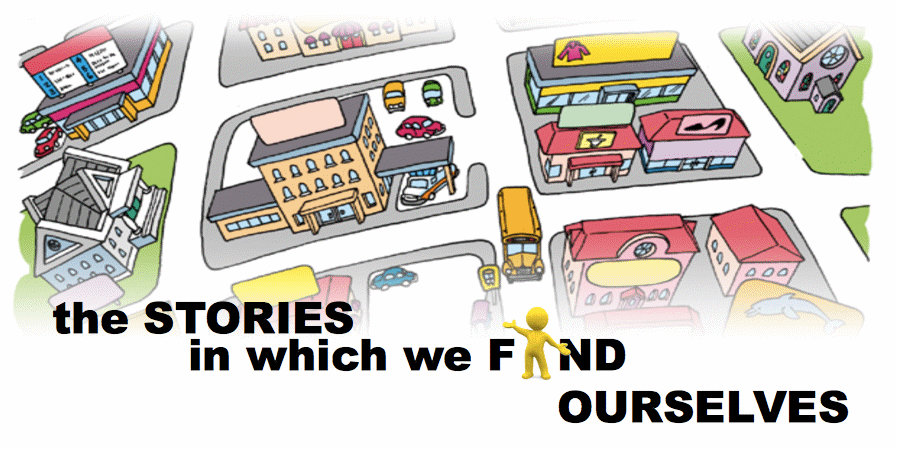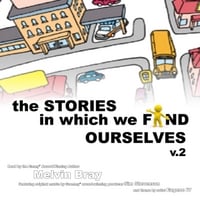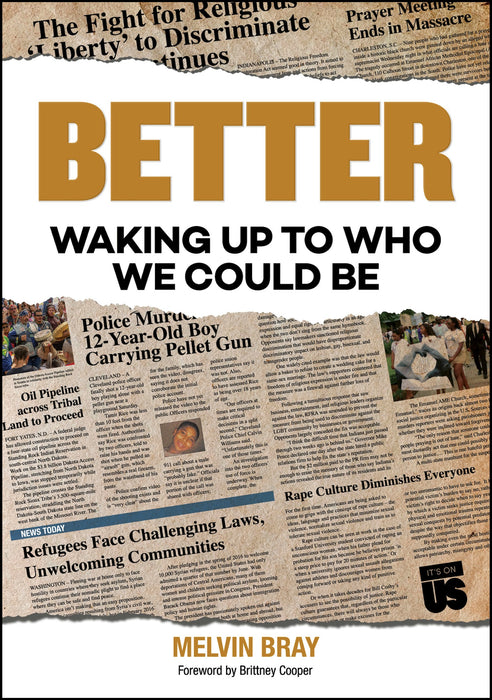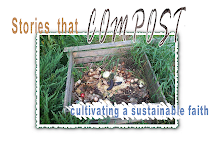God With Us—Episode 2
(taken from Genesis 4—a story of creation)
If we are fortunate, we live long enough to regret a few things. Feelings of regret suggest that we have learned a bit along the way and that we would do some things differently were we to have the chance. This is not a bad thing.
Experience teaches, but there are many things we need not learn from experience. As assuredly as there are situations we would love to handle differently were they to come up again, there are just as many choices the results of which we wish we could undo, but we can't. Our choices often set off a chain of reactions that are far beyond our ability to control. We can only choose the seeds we plant and what we feed them, but we don't get to choose whether, when or how they grow.
Humanity doesn't seem particularly mindful of this truth in our story, no more mindful than we are today or have been down through the years. If they were, I'm sure Adam and Eve would have sought to engage their children differently, instead of favoring some over the others, as they do in our story. If we were, I'm almost certain we wouldn't be so inclined to saddle Cain with all the blame for what happens between him and Abel, failing to see every characters contribution to it, although Cain does deserve his fair share of responsibility.
Perhaps Cain's chief fault is that he fails to see what the seeds of anger, resentment and stubbornness he had planted in his own heart and mind would inevitably grow into. Elohim tries to warn him, but he—like us—doesn't hear because he's so focused on what he wants not turning out the way he wanted. Remember Elohim saying, "Why are you angry? If you do well, will you not be accepted?" Elohim was trying to encourage Cain that he doesn't have to worry about being worthy of Elohim's favor. All Cain has to do is be just as careful about the seeds he's planting inside himself as he is about the seeds he's planting in the ground. "Why are you angry? If you plant good seed, will you not be accepted? And if you plant bad seed—seeds of anger and resentment and stubbornness—sin is lurking at the door. Its desire is for you, but you must master it, just like you work to overcome the challenges to farming." However, Cain doesn't heed Elohim's warning. Here he stands with the fruit of the seeds he planted lying worthless at his feet along with the lifeless body of his brother.
He doesn't have long to regret what has transpired between him and his brother before he has to account for it. Elohim comes to him again and asks, "Where is your brother, Cain?"
"I don't know!" Cain answers indignantly, "Am I my brother's keeper?" And throughout the centuries of asking that question, thank goodness humanity has held onto at least the ideal if not the practice that, yes, we are responsible for each other. Sadly, many have sought to lessen that responsibility by posing very reductive answers to the follow up question of "Well, who exactly is my brother?" Somehow the answer to that question trends smaller and smaller whenever we're not careful to keep the circle as large as possible.
The rest of the exchange between Cain and Elohim can be as easy as the first to interpret as Elohim being against Cain, and perhaps some Hebrew storytellers thought she was, but if we listen carefully, we may hear something quite different. The way Adam and Eve passed the story along is that Elohim starts to listen intently. Suddenly Elohim's ears fill with a sound that is too awful for words, and God says, "'What have you done? Listen; your brother’s blood is crying out to me from the ground! And now you are cursed from the ground, which has opened its mouth to receive your brother’s blood from your hand," which is not the same as for Elohim to say, "I curse you." Elohim continues, "When you till the ground, it will no longer yield to you its strength; you will be a fugitive and a wanderer on the earth.'
"Cain said to the Lord, 'My punishment is greater than I can bear! Today you have driven me away from the soil, and I shall be hidden from your face; I shall be a fugitive and a wanderer on the earth, and anyone who meets me may kill me.'
But Elohim responded, "'Not so!' I didn't say this is how I am punishing you. I am saying this will be the natural consequence of your actions as long as you and your siblings believe anger, resentment and stubbornness—evil—will get you further than the good I see in you. Still, I am always with you. 'Whoever kills Cain will suffer a sevenfold vengeance.'" And the Lord marked Cain as untouchable, "so that no one who came upon him would kill him. Then Cain went away from the presence of the Lord, and settled in the land of Nod, east of Eden."
Now that last statement of Cain leaving "the presence of the Lord" sounds very judgmental, as if those grieving the loss of Abel only saw Cain's part in this tragedy and not their own. The phrase may also describe how Cain himself continued to feel as he wrestle with his own grief, still questioning Elohim's unconditional embrace. Grief is a fickle thing. It can shape the way we see the world. It can cause us to forsake our ties to each other. It can drive families apart. The human family had splintered. The farmers went their way further out into the unknown. The herders continued to migrate in comfortable proximity to their once Eden home. There Adam and Eve had other sons and daughters the first of which Eve named "Seth, for she said, 'God has appointed for me another child instead of Abel, because Cain killed him.'"
The man and the woman may have left the garden, but they obviously hadn't left behind the desire to remake God in their own hyper-judgmental image, like we saw in the story of the talking snake. Seems they were still discovering the effects of eating the forbidden fruit. Perhaps that's why this part of the Hebrew story ends with the commentary that this was about the time "people began to invoke the name of the Lord." In light of this statement, the story of Cain and Abel becomes in part the origin tale of a habit that continues even to this day: humans had begun to claim God as being in support of only their way of life.
Having lost the garden, some seem to have also lost the imagination to conceive that God can be with us and with them too. No wonder Cain killed Abel. What else would people do when the God of their fallen imaginations is seemingly either exclusively for them or irrevocably against them?










No comments:
Post a Comment